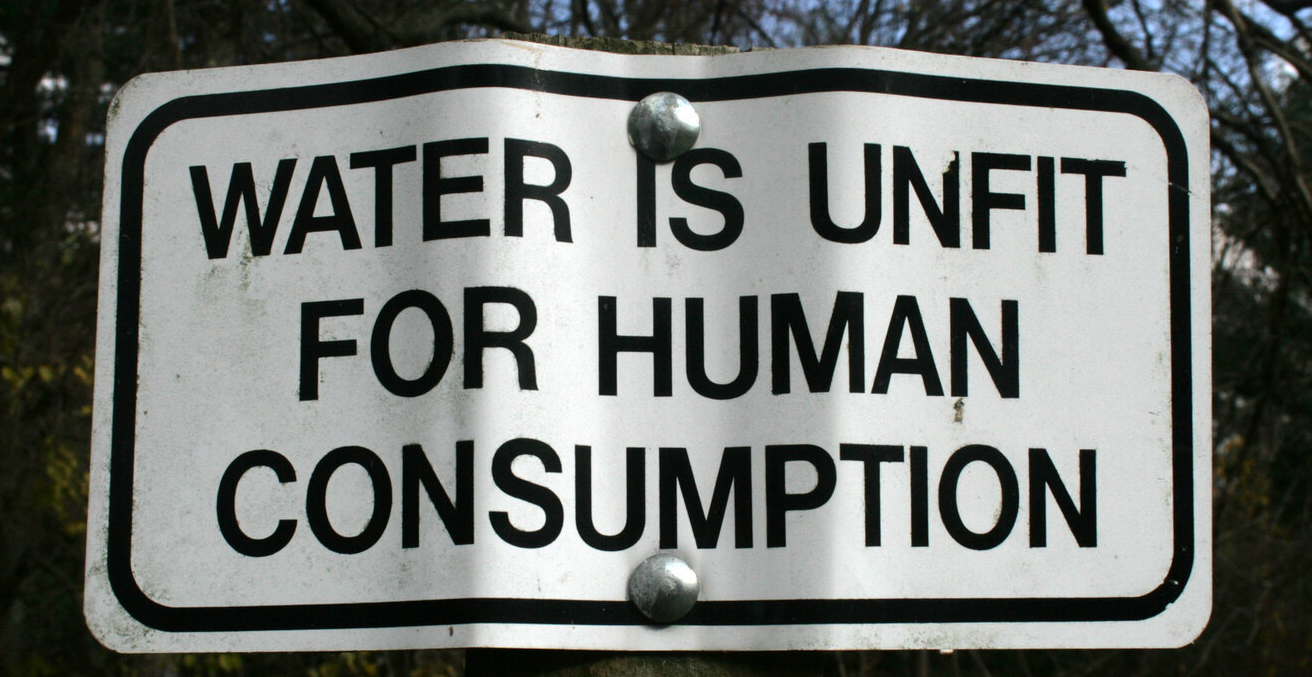Water And Sanitation In A Heating World

The human right to water and sanitation is one both crucial and contentious. As climate change accelerates, the increasing scarcity of water is predicted to detrimentally impact entire populations, ecosystems, and economies.
Various treaties contain the right to water and sanitation in a limited form. The Convention on the Rights of the Child, Convention on the Elimination of All Forms of Discrimination Against Women, and the Convention on the Rights of Persons with Disabilities all recognise a narrow right to water. This demonstrates that the right to water and sanitation was one both historically implied and emerging because it is necessary for the fulfillment of other human right obligations. As outlined by UNHCR’s General Comment No 15 the right to an adequate standard of living and right to health, impose on state parties’ a duty to ensure access to water and sanitation.
A 2010 United Nations General Assembly (UNGA) Resolution, declared “the right to safe and clean drinking water and sanitation as a human right” as it “is essential for the full enjoyment of life and all human rights.” A 2015 UNGA Resolution further elaborated that water and sanitation are actually two rights that are “closely related, but have distinct features which warrant their separate treatment.”
Consequently, the rights to water and sanitation were included in the 2015 United Nations Sustainable Development Goals under Goal 6, which ensures “availability and sustainable management of water and sanitation for all.” Underpinning this are various subgoals, including achieving “universal and equitable access to safe and affordable drinking water for all” and “access to adequate and equitable sanitation and hygiene for all and end open defecation, paying special attention to the needs of women and girls and those in vulnerable situations.”
UN General Comment No 15, endorsed by UNGA resolutions, provides the clearest definition of the right to water and sanitation, and subsequent state obligations. This right grants people freedoms and entitlements; freedom to access water supplies free from interference and an entitlement, to a functioning system of water infrastructure that provides equal opportunity for people to enjoy this right. Furthermore, “the adequacy of water should not be interpreted narrowly, by mere reference to volumetric quantities and technologies,” but rather what “must be adequate for human dignity, life and health.”
States thus have three categories of overarching obligations to meet this: respect, protect, and fulfil. Respect obliges states to refrain from interfering with the enjoyment of this right, whilst the obligation to protect requires states to prevent any interference with this right. The obligation to fulfil obliges states to take positive measures to ensure the enjoyment of this right including providing water infrastructure and adequate protection for water sources.
As of 2020, approximately 4.5 billion people lack access to securely managed sanitation worldwide, 633 million have a limited access to drinking water and 3 billion lack basic handwashing facilities in their homes. The limited access to this right is a significant obstacle to human development, and guaranteeing the rights to water and sanitation are dependent upon some level of environmental and climate stability. Unfortunately, the impending climate crisis threatens the ways we have previously managed water availability against our needs. Water is expected to be one of the first and arguably most important resources to be affected by climate change.
Scientists have extensively modelled that anthropogenic climate change events such as floods, droughts, windstorms, storm surges, and sea-level rises will significantly impact the right to water and sanitation. Despite this, states are still reluctant to make the adaptive and mitigatory changes necessary to ease the consequences of climate change on water quantity, quality, and access.
Flooding especially “represents a particular threat to infrastructure integrity” as it can lead to water contamination or damage, and cause infrastructure failure. This in turn increases the risk of infectious diseases amongst the community. The contamination of drinking water and poor sanitation can have further fatal health consequences, and in Australia, can have greater impacts on the already vulnerable, including women and girls, and rural and remote communities, inclusive of those with a high population of First Nations peoples.
Meanwhile, increased droughts and desertification will lead to an overall reduction in water sources and degrade the quality of whatever remains. And as the climate fluctuates between new records of both hot and cold extremes, the historically relied upon supplies will become especially vulnerable and volatile.
The consequences of this evaporating source of water will fall disproportionately upon women, who are also regularly left out of policy-making decisions and are thus unable to voice their water needs and concerns. In communities without readily-available access to running water, women will be responsible for collecting water for domestic purposes.
On a higher level, the relationship between the right to water and sanitation and climate change raises the ever-present issue of climate injustice. As nations who have contributed the least to climate change, Low Middle-Income Countries (LMIC’s) will suffer the greatest impacts and infringements of the right to water and sanitation. The impacts of climate change will decrease many LMIC’s ability to meet their international obligations in fulfilling these rights. Their already very limited water services and infrastructure, alongside ancillary infrastructure such as transport and power, will be unable to cope without significant upgrading, creating a dangerous risk where in the event of a failure caused by a climate event, significant sections of a nation’s already limited water supply can be compromised and contaminated easily.
There are a variety of methods available to mitigate these impacts. Relevant ones for LMIC’s should be prioritising the domestic use of water, with the investment and development of water infrastructure and water storage that is resilient to climate change. This would significantly assist in dealing with climate variability. As rainfall becomes a more concentrated and isolated event, effective storage will help mitigate this variability and ensure states retain supply to meet basic obligations for this right.
There are three major pathways available for the implementation of a resilient infrastructure: a decentralised infrastructure where multiple water supplies are managed by individual communities, a centralised infrastructure where water sources are made to serve a larger connected community, or a decentralised infrastructure with a centralised management system where multiple sources of water are integrated together to serve larger communities. The most apt of these will depend on a variety of factors both within and beyond the state’s control, such as their administration capacity, geographic spread, and water sources, and will require international cooperation and assistance for an effective implementation. In considering which path to follow, it is also important to ensure participation from First Nations people and other marginalised groups.
Climate change is set to negatively impact almost all aspects of daily life across the entire planet. The effects of climate change on the inalienable right to water and sanitation will affect the most vulnerable and likely, the least culpable. For many LMIC’s, climate change will have dramatic impacts upon their water infrastructure unless significant efforts are made to build resilient infrastructure that mitigates this and are implemented in ways most apt for each nation. Such efforts, whilst incumbent upon the state itself, will also require international cooperation and assistance to best ensure the global fulfilment and protection of this human right against climate change processes and events.
Allara Blinco is a final-year law student at the University of Newcastle. She completed a Bachelor of Arts in 2020, majoring in political science and international relations. Allara has a particular interest in women’s rights and hopes to make a positive impact in this space with her law degree.
Louy Bonnay is a final year law graduate at the University of Newcastle. Alongside a background Bachelor of Arts degree and major in Politics and International Relations, Louy’s research interests have been primarily that of human rights law and their intersection and interactions with state actors and political theories. He aspires to further assist the development and implementation of human rights protections within Australia.
This article is part of a series of submissions from students studying Human Rights and Climate Change-Induced Human Displacement at the University of Newcastle.
This article is published under a Creative Commons Licence and may be republished with attribution.





